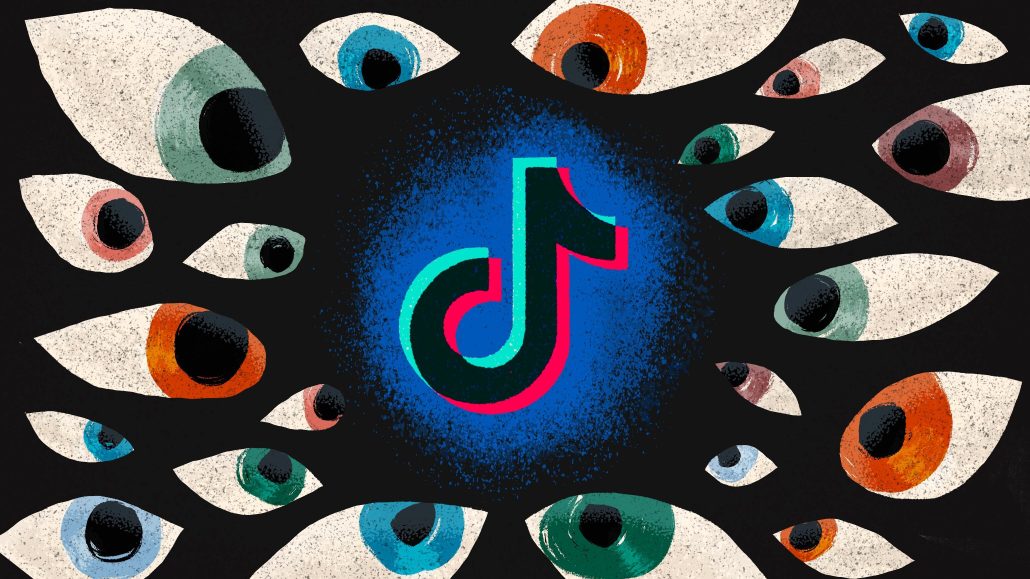Secure your place at the Digiday Media Buying Summit in Nashville, March 2-4
With TikTok star Keith Lee, Pepsi hopes to draw Gen Z to Black-owned restaurants

PepsiCo’s Pepsi Dig In platform is looking to promote the best Black-owned restaurants across the country. So it’s teaming up with TikTok food reviewer Keith Lee through Pepsi Dig In’s Restaurant Royalty program to highlight them via social media as part of a new campaign.
Lee will use his TikTok platform to encourage his 13 million followers to nominate their favorite local Black-owned restaurants to drive more business to them. Pepsi Dig In’s campaign also includes QR codes in the restaurants that allow people to nominate participating restaurants through July 1 and give them the chance to win prizes. The financial agreement between the parties were not disclosed.
“There’s a lot of passion and love for these restaurants that consumers have and we want to amplify that and get more consumers connected to more of these restaurants,” said Scott Finlow, global CMO of food service at PepsiCo. “One of the biggest opportunities that these restaurants have is for us to help them with awareness and connecting people to those restaurants.”
The top chosen restaurants will receive funding in addition to growth opportunities, such as an eight-week program with personalized expert consulting services designed to support restaurants in building online ordering capabilities and search presence.
According to Finlow, Pepsi Dig In chose to partner with Lee because of his Gen Z following. The brand wants to leverage Lee’s authenticity and influence to reach this audience to support Black-owned restaurants, as Lee does this with his TikTok videos. PepsiCo is allocating a portion of its marketing budget to promote this campaign on its TikTok platform as Gen Z users move away from Facebook and Instagram.
Pepsi Dig In is a $50 million commitment that spans the next five years, with the company spending $10 million per year, Finlow said. It is unclear how much PepsiCo spent on this campaign, as Finlow declined to share exact figures. According to Kantar data, PepsiCo spent a little over $184 million on advertising efforts in 2022.
Lee announced this partnership on his TikTok page on June 6, and so far it has attracted over 5 million views. Similar to Pepsi’s summer campaign with Bad Bunny, this effort utilizes QR codes as a means of enticing consumers to visit physical stores and driving traffic to online platforms. Through Pepsi Dig In, over 200 restaurants across the country experienced a 72% increase in sales following their participation in the program, with a 249% increase in online sales alone, PepsiCo reported.
In recent years, purpose-driven marketing has given companies the opportunity to highlight their ambitions, commitments and goals, according to Jaslyn McIntosh, direct-to-consumer manager at Prophet, a growth strategy consulting firm. McIntosh added that these marketing strategies help companies meet the demands of consumers while fitting into the cultural climate. Increasingly, consumers are demanding that products and brands be purpose-driven, so it’s imperative that companies figure out how to differentiate themselves in this way — as Pepsi is looking to do through Pepsi Dig In.
“The most impactful approaches infuse their commitments into their marketing mix and partner with others who share their mission to execute it authentically,” said McIntosh. “For Pepsi, that meant not only inviting in Keith Lee, but also consumers who are passionate about supporting Black-owned restaurants.”
More in Marketing

Future of Marketing Briefing: AI’s branding problem is why marketers keep it off the label
The reputational downside is clearer than the branding upside, which makes discretion the safer strategy.

While holdcos build ‘death stars of content,’ indie creative agencies take alternative routes
Indie agencies and the holding company sector were once bound together. The Super Bowl and WPP’s latest remodeling plans show they’re heading in different directions.

How Boll & Branch leverages AI for operational and creative tasks
Boll & Branch first and foremost uses AI to manage workflows across teams.








